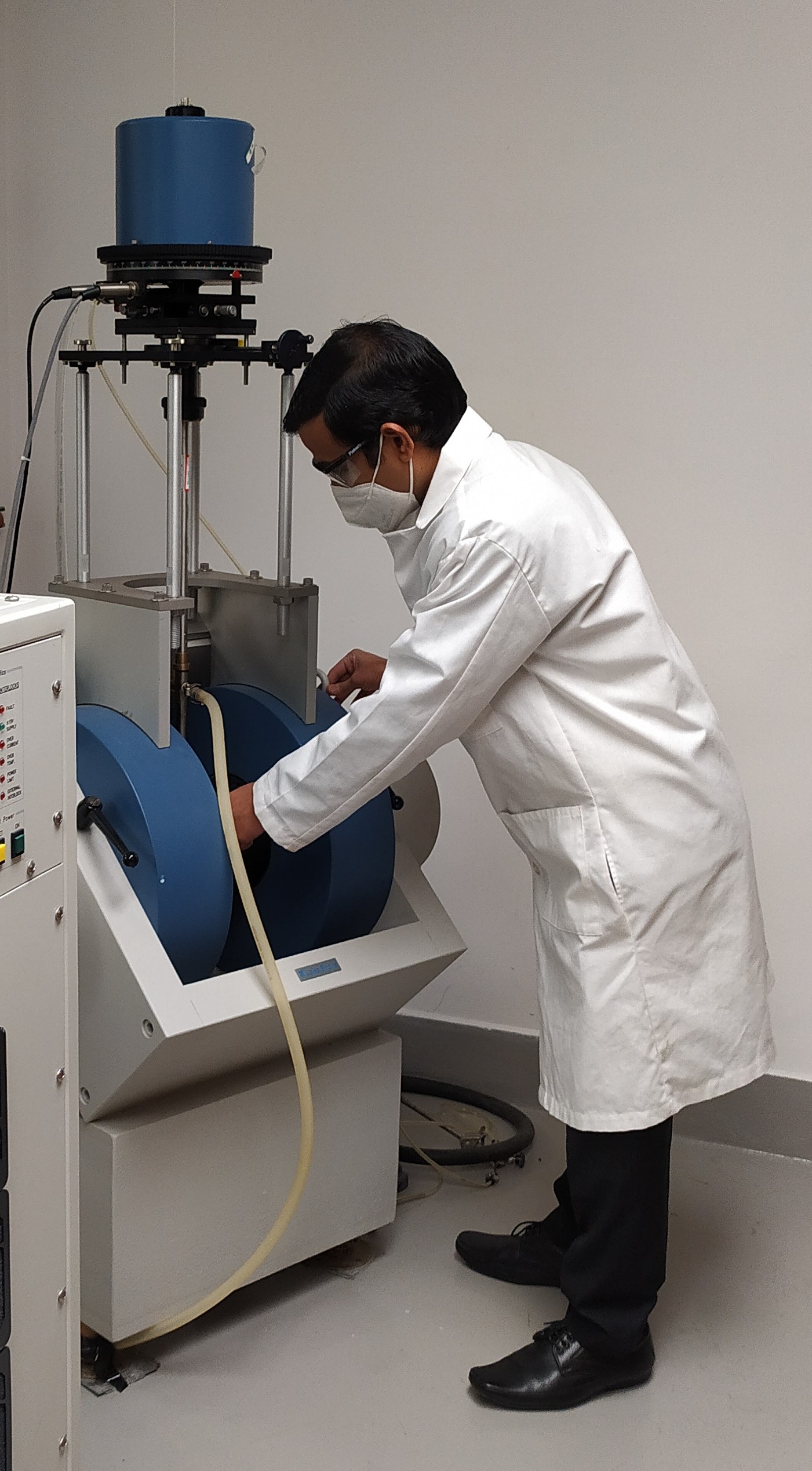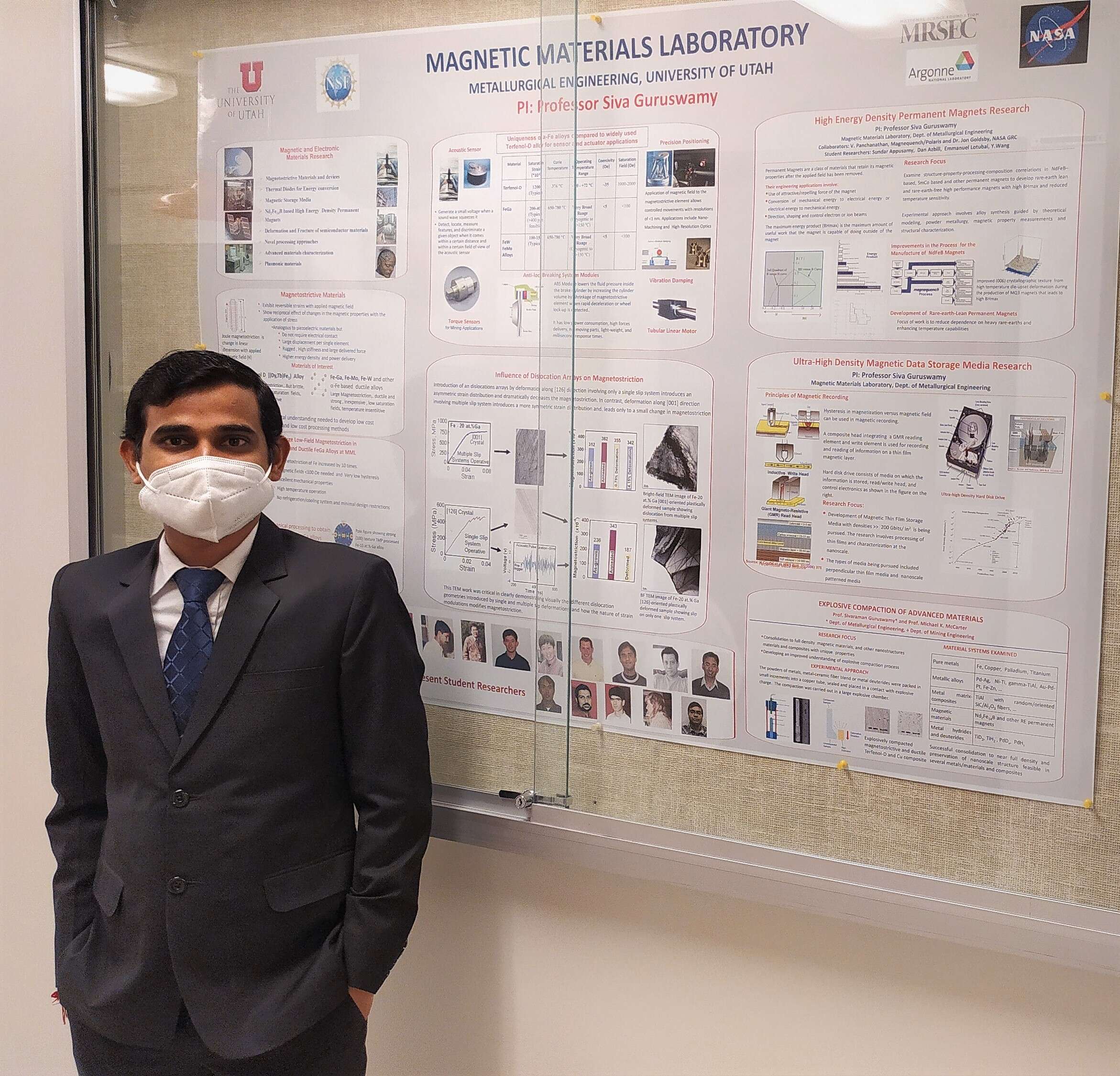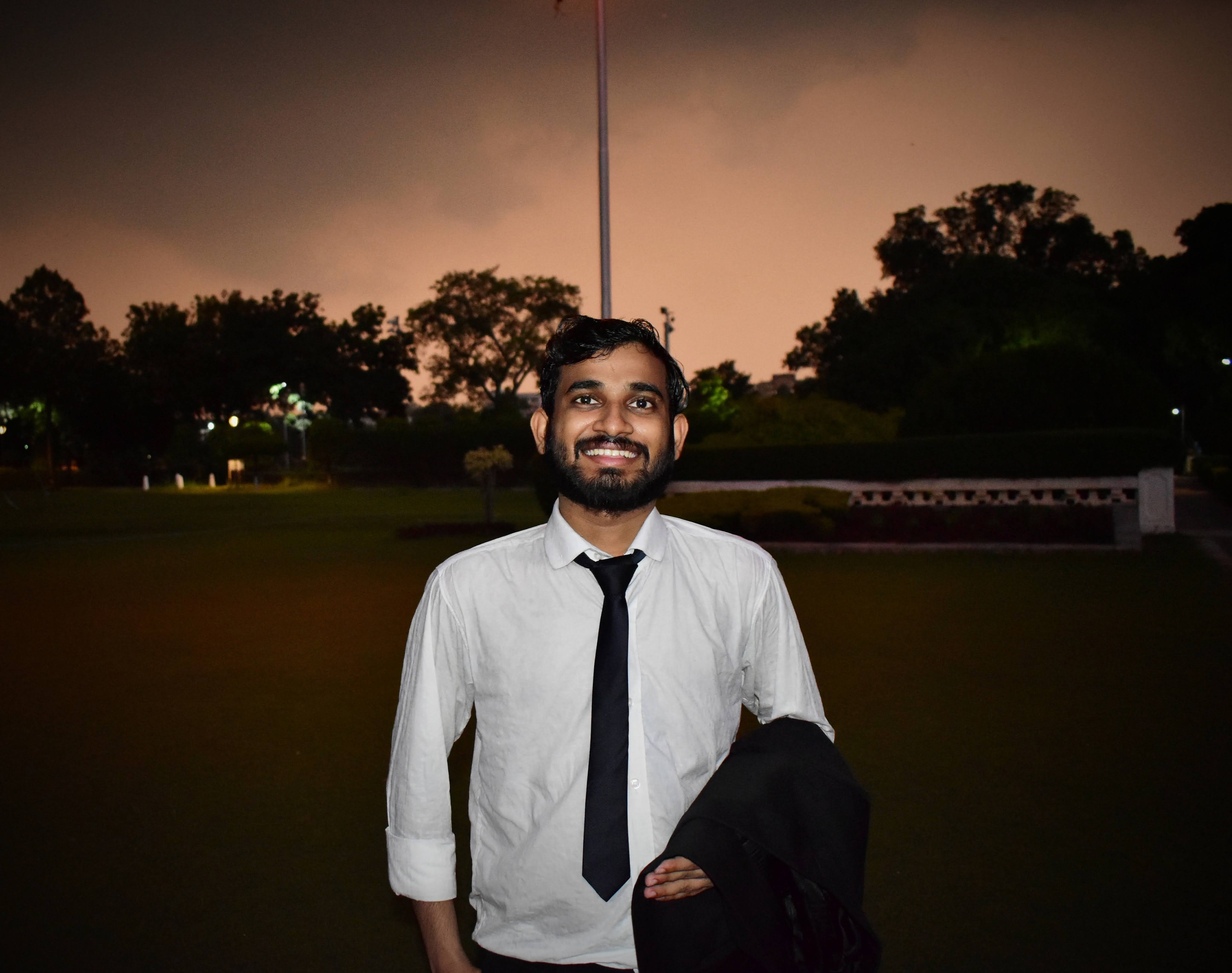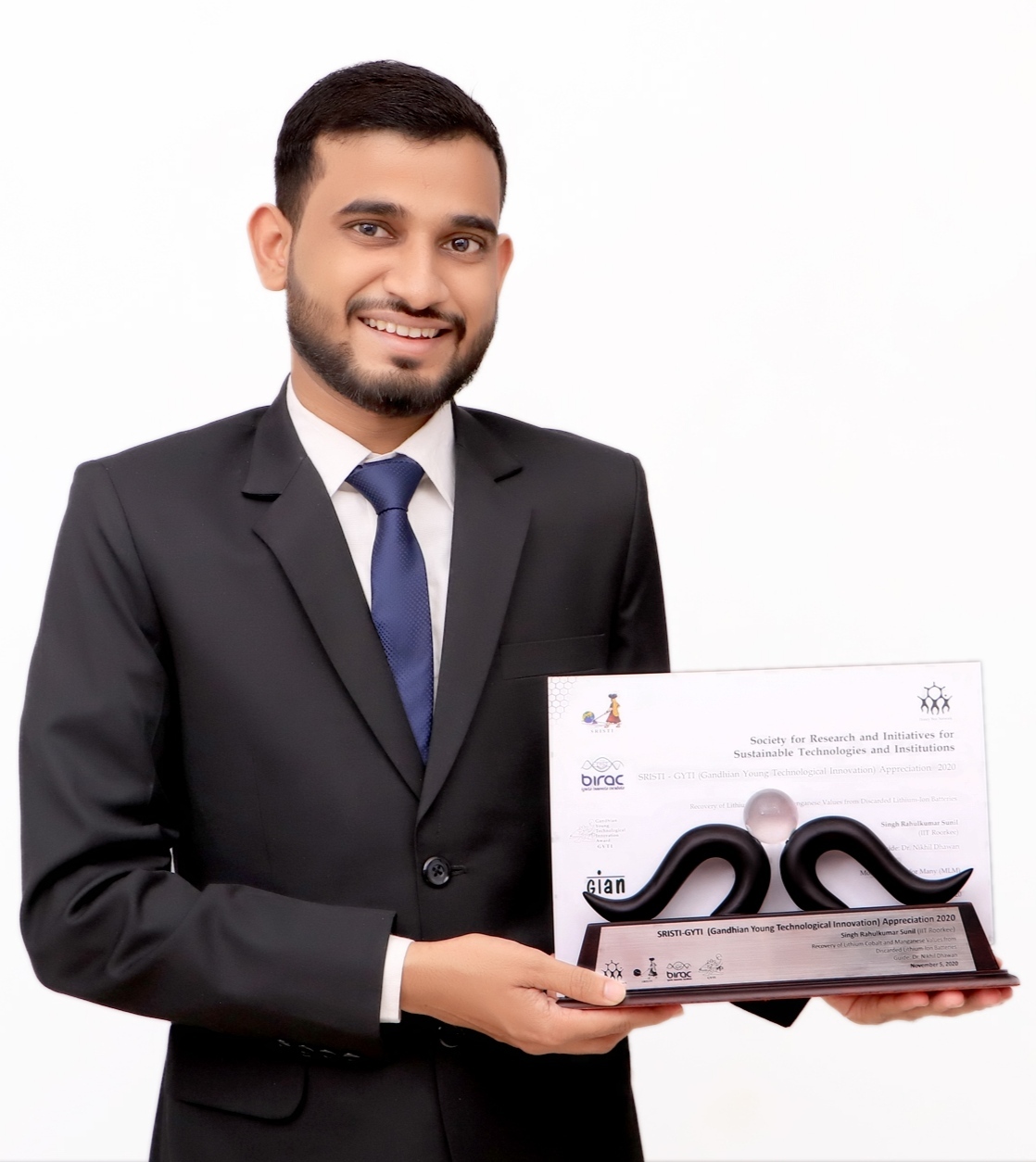The Sky is the Limit – Beating the Odds
by Neeraj Varty
Originally published in Corporate Citizen, Volume 6, Issue 17, in Pune, Maharashtra, India.
Nothing is impossible. Perhaps no one exemplifies this timeless adage more than Rahul Kumar, the son of a migrant worker from Bihar, who went on to become a Gold Medalist from IIT Roorkee and is now on his way to the USA to do his PhD at the University of Utah. The road starting from the humblest of beginnings to becoming one of India’s brightest young scholars has not been easy. Rahul has faced financial, medical and countless social hardships to be where he istoday. What is most admirable is that even after achieving so much in such a short time, he hasn’t lost his humility. Corporate Citizen had a heartfelt conversation with Rahul, where he opened up about his inspirational journey to the top, the lessons he learnt on the way, and his plans to give back to society. This is the inspiring story of how a migrant labourer’s son went from abject poverty to becoming an IIT Gold Medalist and a research fellow at the University of Utah, USA. |
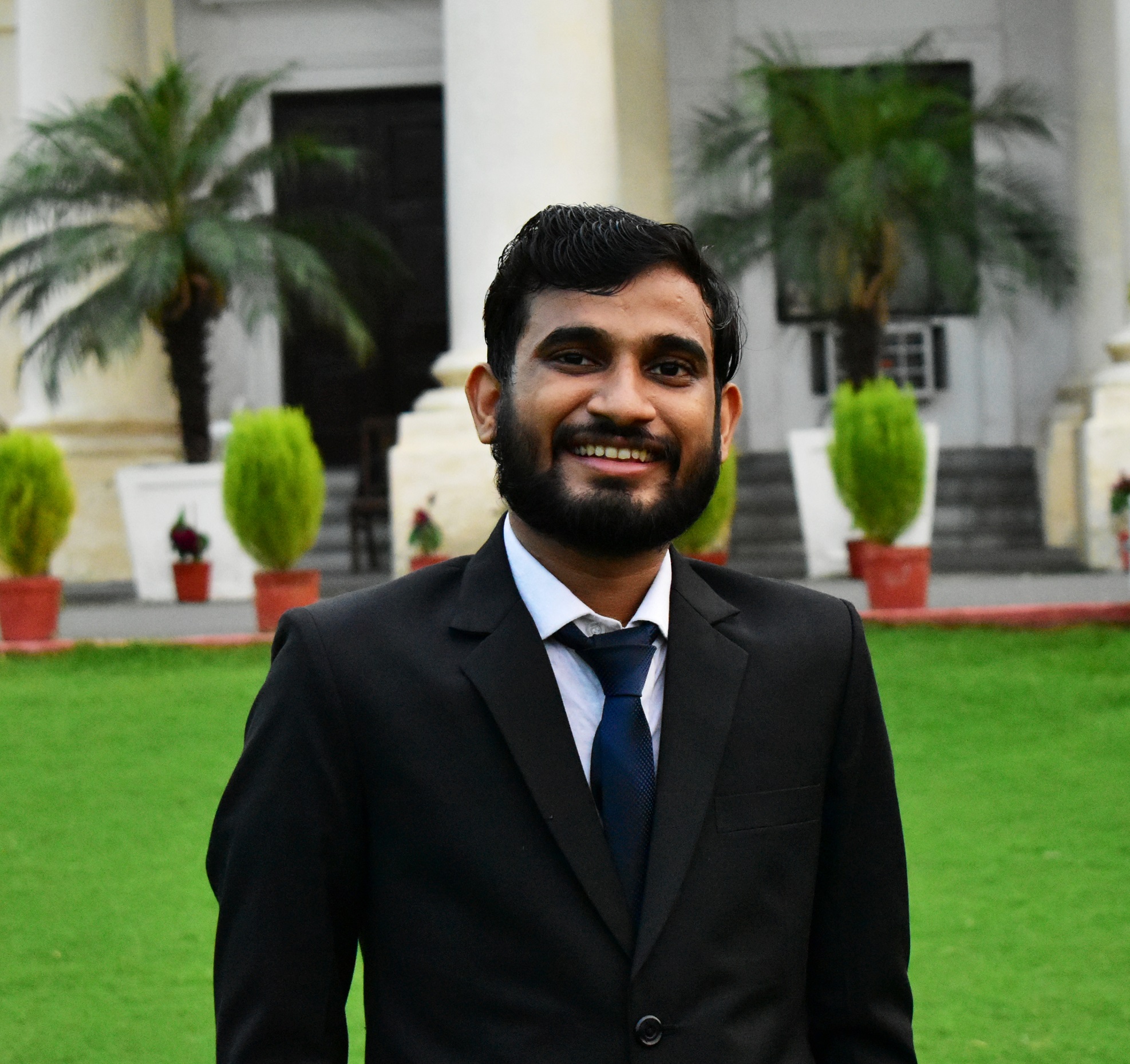 |
|
Corporate Citizen: You were born in Nalanda in Bihar but spend most of your life in Surat. Describe your growing up years. Rahul Kumar: I was born in Nalanda in 1998. At that time, my father was working in the agricultural sector, but his brothers (my uncles) went to Surat to do odd jobs in cloth factories and power loom factories. We did not have much land, only about 2 bighas (1 acre). That was not sufficient to provide for economic stability, so my father also shifted to Surat. He used to also come back and spend 2-3 months every year back in Bihar doing agricultural work. Throughout this time, he was also helping me with my studies, so that I could get a better education. Up to the Standard II (second grade), I studied in a government school in Bihar. Later, I shifted to Surat, where I couldn’t get admission to a good school due to financial constraints. My father then registered my name in a Hindi medium school called Saraswati Hindi Vidyalay, in 2005. That school went up to the Std. VIII (eighth grade) only. After that, I shifted to another school and completed my 10th board exams from Gujarat, and I scored the highest marks in my school and also in my entire locality. I wouldn’t have achieved that without the help of several teachers. When I was in Std. II, Mr. Ajay Singh was my tuition teacher who recognized my potential and gave me math sums from Std. V (fifth grade) so that I could improve. He charged very little and even taught me for free on some months when we couldn’t afford to pay the fees. Later, he also suggested that I try for IIT.
Corporate Citizen: Your father is a farmer, and your mother is a homemaker. You come from humble origins. How has that shaped your perspective on life? Rahul Kumar: I consider myself very fortunate that I came from a humble background. Growing up, I used to observe people from poorer backgrounds around me. I used to see people around me burn e-waste, including discarded mobile phones, to get some copper which they could then sell. At that time, I didn’t understand what they were doing. When I went to the college, I understood that they were excavating copper, which is an expensive metal. It is a risky job, as it can even cause cancer. People have to take so many efforts to earn small amounts of money. I understood the hardships people go through from observing them in childhood. I also did several odd tasks to earn some money and provide for my family while I was studying.
Corporate Citizen: Tell us about your journey to IIT Roorkee. Rahul Kumar: In order to study for the entrance exams, I went to Kota, Rajasthan. It wasn’t easy for my family to afford. Also around that time, I began to have health issues. A severe spinal problem forced me to take bed rest for weeks. I had to move from hospital to hospital in Surat and Ahmedabad. I had almost lost all hope of getting through to IIT and I was just struggling to survive. But a teacher in my Kota coaching class motivated me and even told me to come to the class in any case and just sleep in class if I felt unwell. I later went to AIMS Delhi, where I underwent treatment for a year. |
|
 |
Between all this, I gave the entrance exams. In my initial attempt, I cleared the exams, but I wasn’t getting any branch in IIT. Instead, I got a college in NIT. My family wanted me to join the college because they thought it was a good opportunity and I would get a good job on graduating. But in my heart, I felt that I could do better. I decided to take one year and attempt for IIT again. Fortunately, I got through to IIT Roorkee and my branch was Metallurgical and Materials Engineering. After reaching IIT Roorkee, I realized the sacrifices my parents have made to get to this point. Even when I was suffering from medical issues, they never left me alone. They never asked me to come back. They motivated me to give it my best. I am very grateful to them for that. |
|
Corporate Citizen: Did you fit in well at IIT or did you face any problems adjusting? Rahul Kumar: When I reached IIT, people used to make fun of me. They made fun of the way I spoke English as well as my dressing sense. In Class 11, when I changed my medium of learning from Hindi to English and went to Kota, I wrote the spelling of Ratio as Racio. My teachers were shocked and told me to take admission in Hindi medium as I would not survive in English medium with such bad English. But I had made up my mind to study in English, so I took the English dictionary and went through it and tried to improve my English.
Corporate Citizen: You have won several accolades during your time at IIT Roorkee. Rahul Kumar: While studying, I was also focused on my research. I conducted research on recycling electronic waste. After several efforts, my research papers were published in three international journals. One of the papers was on how to convert a discarded lithium-ion battery into an anti-depressant medicine. That paper won awards, including a technical innovation award presented by Union Health Minister, Dr. Harsh Vardhan. I also won the “Social Innovator of the Year 2019” certificate by National Service Scheme, IIT Roorkee for exemplary contribution towards social and nation development.
Corporate Citizen: How did you go from being mocked to becoming General Secretary, NSS, IIT Roorkee? Rahul Kumar: When you get an admission in IIT, you have the option to join many clubs as long as you clear the interviews, which are conducted by seniors. At that time, I was rejected by so many clubs that I have lost count. In my first year, I got through NSS (National Service Scheme) as a volunteer, where I got the responsibility to teach poor students. Due to my efforts, two poor students got a free education from the Std. VI to XII (grades 6-12). I also started several social initiatives. Eventually, my efforts were recognized, and I got promoted to the Joint Secretary and then the General Secretary, where I was overseeing a team of 1000 students. It was a great feeling. |
|
|
Corporate Citizen: You even won a gold medal while graduating from IIT Roorkee. How did that feel? Rahul Kumar: Honestly, when it was announced I didn’t feel special, but after 2-3 days, a barber near my society came to my house with a newspaper clipping and told my father, “See, Rahul’s name has come in the newspaper.” My parents were so overwhelmed at that moment. It was incredible for me at that moment. A lot of people ask me how I feel upon winning the gold medal, but I truly believe success is temporary, and it is this belief which has provided me with the motivation to do something better every time.
Corporate Citizen: You have also won a scholarship to pursue your PhD at the University of Utah, US. Are you excited? Rahul Kumar: I am very excited to go to Utah to study. I am confident I will get access to good infrastructure as well as some good exposure there. I applied for scholarships at several places. Due to my score and my research is published in international journals, I got admission into three universities in the US out of the eight that I applied to. I chose Utah as the professor under whom I will work there is very good, and Utah is known for having a high presence of minerals, which is great for mining and metallurgy.
|
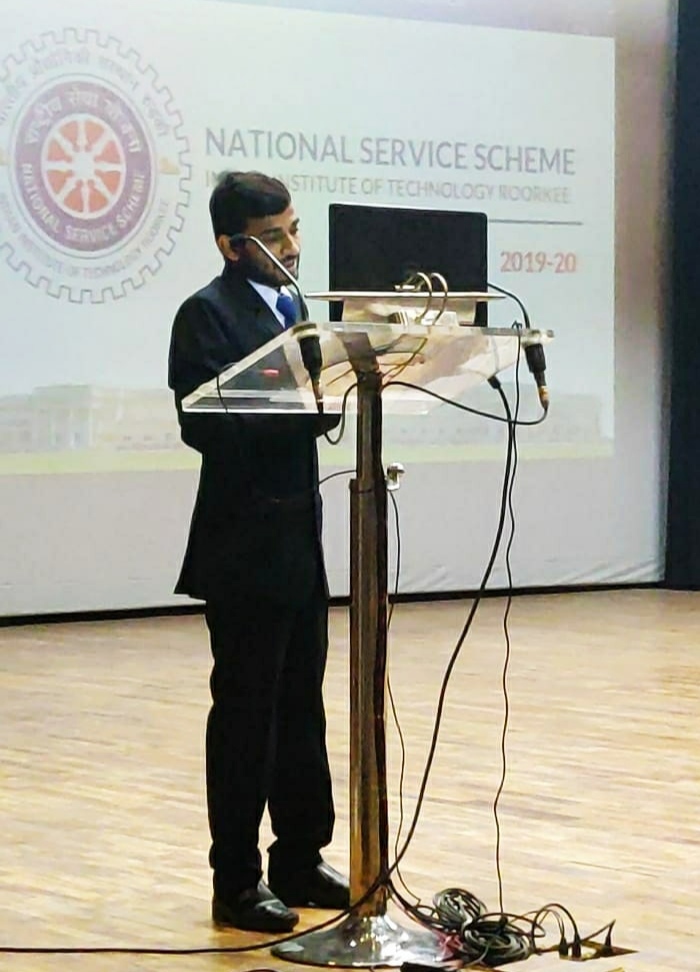 |
|
Corporate Citizen: Will COVID-19 affect your future plans? Rahul Kumar: COVID-19 has most definitely affected my plans. I have been delayed by six months. I was supposed to go to the US in August, but due to COVID-19, they postponed my PhD by one semester. I was given an option to either do the semester from home or join later. But since I don’t know how they grade in that university, I chose to wait. I also felt a little greedy, as I got a campus placement from IIT, and I felt that I should earn in the meantime. I joined as a business analyst in a consultancy firm in Gurugram. I have recently left that job as I am now about to leave for the US in a few days.
Corporate Citizen: Do you think the change to the digital education is permanent, and if so, how will students from poor backgrounds be able to afford the technological infrastructure? Rahul Kumar: I think COVID-19 made so many things worse, but it also provided many new opportunities. Parents from poor backgrounds have started thinking of providing basic smartphones to their children to study. That being said, I travelled 20-30 days in Bihar, where I went to the villages and found that there was not a single student in villages getting any digital facility to study, and their teachers don’t teach properly in a normal situation, so how can we expect them to teach properly in a pandemic on mobile phones? They are not trained for that. Therefore, I feel that digital education is very good. But at the same time, after the pandemic, we should also move back to offline coaching for poorer background students. The new education policy is very good, but we still need to provide infrastructure and good quality classroom environment to go with it. We cannot say that digital is the only way. We have to combine both physical and digital learning to ensure that no one is left behind. |
|
|
|
Corporate Citizen: There is a tremendous brain drain from India to developed countries like the US. Do you plan to come back to India? Rahul Kumar: I do not want to spend more than the duration of my PhD in a foreign country. In fact, I had applied for the Prime Minister’s Research Fellows (PMRF) Scheme, which gives graduates of IITs Rs.80,000 (1,069 USD) per month if they decide to do a PhD from India. It has a few criteria which I fulfilled when I applied for it. I was waiting for those results, but they haven’t come yet. In my previous experience, when I published three research papers, I found too many difficulties in India. Even for testing a sample, you have to wait 15 days and run from pillar to post. Government offices don’t do the work on time. In the meantime, I got through the US University. So I thought I will go there and then come back and use my research skills to solve issues back home. I feel unemployment is the biggest issue now, and I want to do my part in helping to solve it. I am also good at teaching, and I want to start e-learning for students from poorer backgrounds. These are the things on my mind. I don’t know how many of them will actually materialize, but I will try my best.
Corporate Citizen: What do you like doing in your free time? Rahul Kumar: I like playing cricket a lot. I also like studying about politicians. I like to read about how they handled a crisis in their time and their life’s journey. I also love to fly kites. One thing I also like doing is composing poems. This is a habit inculcated in me by my schoolteacher Mamta Ma’am. In college too, I won several poetry competitions.
|
|
Corporate Citizen: What message would you like to give to students who look up to you as an inspiration? Rahul Kumar: I have many people in my family who for some reason feel inferior due to their background. They are reluctant to approach me for any help for their children even though I would love to help them. They feel that they don’t have the facilities or abilities as compared to students of richer backgrounds. This is a very wrong mindset. The first thing I would like to say to students is never feel inferior due to whatever background they come from. They can achieve a lot and do everything they want to, as long as they focus on it. If they focus on one aim, whether it is studying, dancing, singing, or even sports, they can do much better than they believe they can. I never in my wildest dreams thought I would be doing a PhD in a foreign university. You too can achieve anything you dream of, as long as your focus is clear and you are willing to work hard.
|
|

